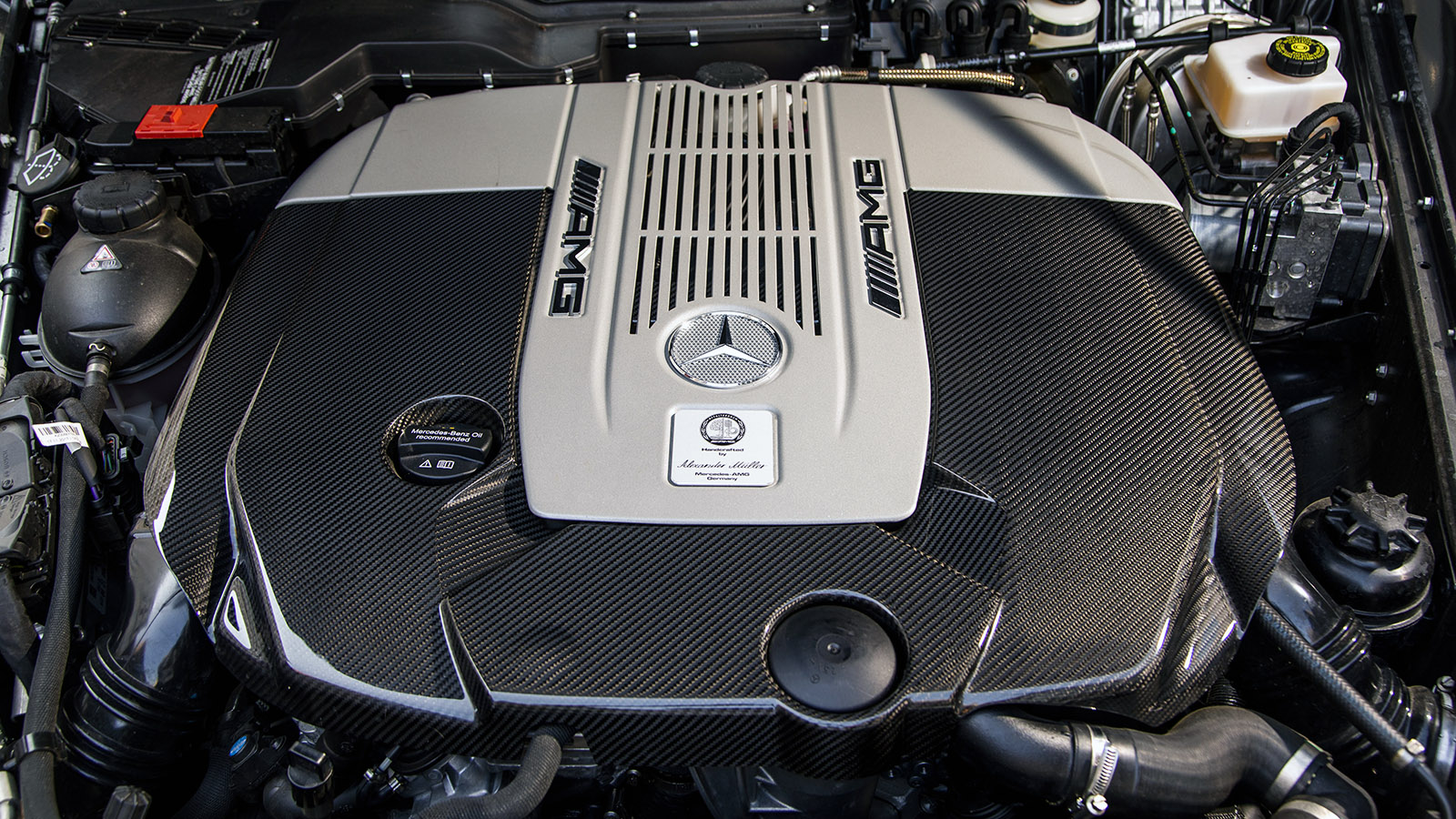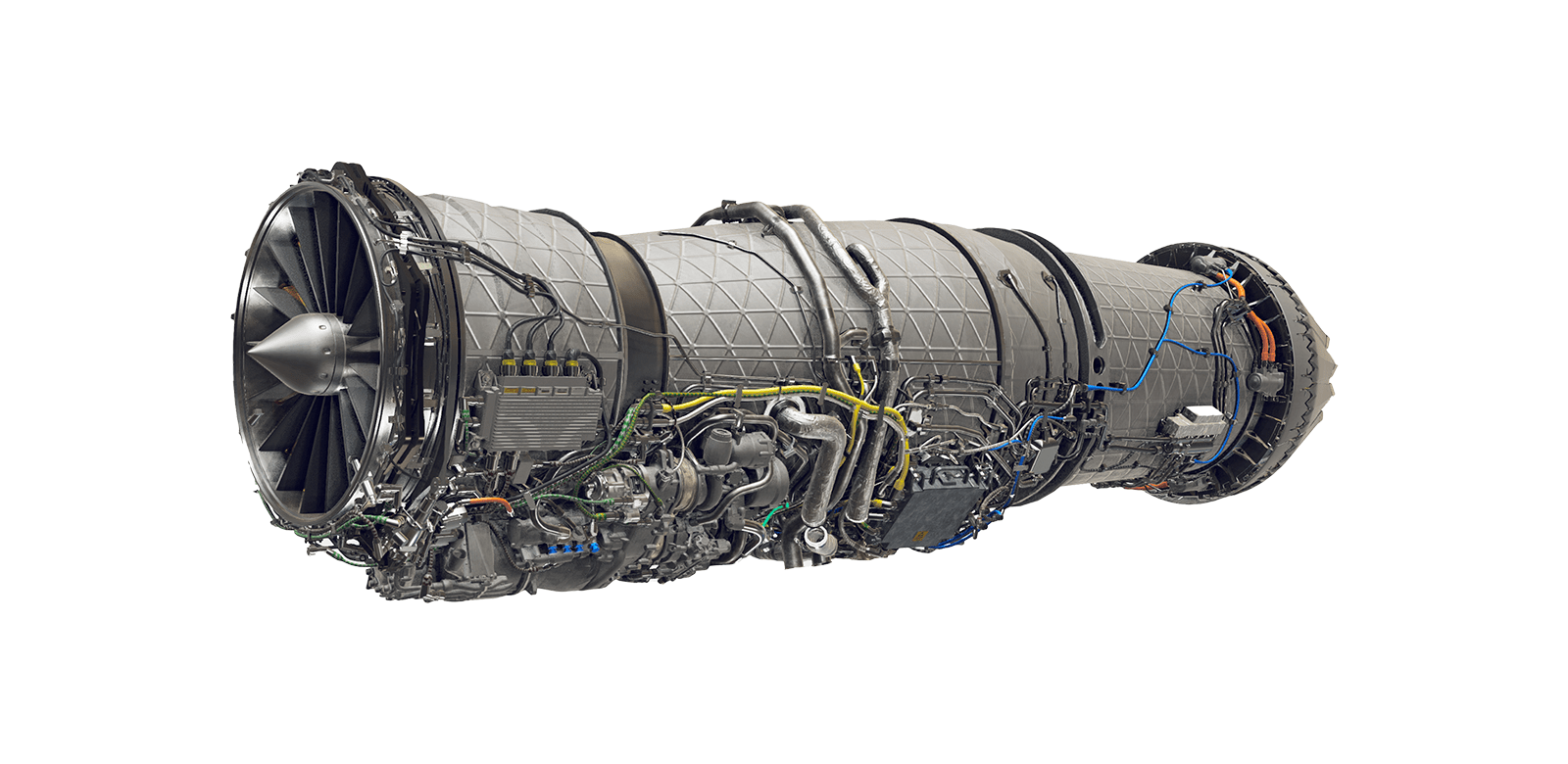Shop Engines for Africa and Even More at Our Substantial Car Components Store
Shop Engines for Africa and Even More at Our Substantial Car Components Store
Blog Article
The Impact of Innovative Engine Technologies on Power Effectiveness and Environmental Sustainability
In the realm of transportation and commercial equipment, the constant pursuit for boosted energy effectiveness and decreased ecological influence has led to significant advancements in engine modern technologies. From the steady change towards electrical and hybrid systems to the integration of turbocharging for boosted performance, the landscape of engines is progressing swiftly.
Advancement of Engine Technologies
The development of engine technologies over the decades has been noted by consistent development and improvement in quest of improved performance and performance. From the early days of inner combustion engines to the sophisticated crossbreed and electric powertrains these days, the advancement of engine modern technologies has actually been driven by an unrelenting mission for improved fuel effectiveness and decreased exhausts.
One significant landmark in this development was the growth of turbocharging and direct shot systems, which considerably improved engine power result while improving gas effectiveness. These modern technologies permitted smaller, more lightweight engines that could provide the efficiency of bigger ones without compromising on effectiveness.
Moreover, developments in materials scientific research have resulted in the prevalent fostering of lightweight products such as aluminum and carbon fiber in engine construction. This has not only lowered overall vehicle weight however has actually also improved engine efficiency by decreasing energy losses connected with inertia and rubbing.
Advantages of Electric and Crossbreed Systems
With the growing emphasis on sustainability and power effectiveness, what advantages do hybrid and electric systems use in the world of engine technologies? Electric and hybrid systems existing numerous advantages that add to an extra energy-efficient and sustainable future. One of the primary advantages is the significant reduction in greenhouse gas discharges compared to traditional interior burning engines. Electric automobiles create absolutely no tailpipe discharges, bring about improved air quality and minimized environmental impact. Additionally, hybrid and electric systems are much more energy-efficient, converting a higher percentage of kept power right into propulsion contrasted to traditional engines. This effectiveness leads to reduced energy consumption and operating expense over the car's lifetime. Furthermore, electrical lorries use regenerative braking systems that record and keep power normally shed during braking, better enhancing power effectiveness. Crossbreed systems integrate the advantages of electric propulsion with the versatility of a combustion engine, providing prolonged decreasing and driving ranges array anxiety for consumers transitioning to electrical cars. On the whole, electric and hybrid systems play a critical function in progressing energy performance and environmental sustainability in the transport sector.
Turbocharging for Improved Performance
Innovative engine innovations like electrical and hybrid systems have led the means for developments in vehicle effectiveness, with turbocharging becoming a vital strategy for enhancing total performance and sustainability. Turbocharging works by utilizing a wind turbine to force more air right into the burning chamber, enabling far better gas burning and increased power output without a considerable boost in engine dimension. This process, called forced induction, allows smaller, a lot more fuel-efficient engines to create power degrees similar to larger ones. By maximizing Check Out Your URL the effectiveness of the combustion process, turbocharged engines can achieve improved gas economy and reduced emissions, adding to environmental sustainability. In addition, turbocharging improves engine responsiveness, offering chauffeurs with a more vibrant driving experience. The prevalent adoption of turbocharged engines in both gasoline and diesel vehicles shows their effectiveness in stabilizing performance, performance, and ecological effect. As automobile producers proceed to refine turbocharging innovation, its role in advertising power performance and sustainability in the her comment is here transport market is expected to expand even more.
Using Alternative Fuels
Taking advantage of different gas presents an encouraging avenue for lowering carbon emissions and diversifying the power resources used in transportation. As the world strives to battle environment modification and lower dependence on nonrenewable fuel sources, alternate gas have obtained considerable interest for their possible ecological and financial advantages.
Biofuels, such as ethanol and biodiesel, are originated from sustainable resources like corn, sugarcane, and algae, providing a cleaner burning choice to conventional gas and diesel. These gas can be mixed with existing petroleum fuels or made use of in specialized engines, giving a pathway to lower greenhouse gas exhausts and improve air high quality.
Additionally, hydrogen gas cells have actually become an encouraging modern technology for zero-emission transportation. engines for africa. By converting hydrogen gas into electrical energy to power electrical motors, gas cell lorries create only water vapor as a result, removing harmful tailpipe discharges totally
Along with lowering carbon discharges, alternate gas can additionally improve energy safety by branching out the gas mix and minimizing reliance on imported oil. Embracing different fuels in transport is a crucial action in the direction of accomplishing an extra sustainable and environmentally pleasant future.

Future potential customers and ecological benefits
Alternative fuels, such as biofuels, hydrogen, and electricity, offer considerable ecological advantages compared to conventional fossil gas. Furthermore, alternate gas can aid diversify power resources, enhancing energy safety and security and lowering reliance on limited sources.
The future prospects for alternative fuels in the transportation sector are appealing. Advancements in technology remain to enhance the effectiveness and cost of different gas vehicles, making them more accessible to consumers. Governments around the globe are likewise applying policies to incentivize the adoption of alternative fuels, further driving their growth. As research study and growth initiatives increase, the capacity for even greener and much more sustainable gas alternatives directory raises, leading the way for a cleaner and extra environmentally pleasant transport market. By welcoming innovative technologies and alternate fuels, the course towards an extra sustainable future ends up being progressively possible.

Conclusion
In verdict, cutting-edge engine modern technologies have actually played an important duty in boosting energy efficiency and advertising environmental sustainability. The development of engine innovations, fostering of electrical and hybrid systems, usage of turbocharging, and expedition of alternate gas have all added to boosting and minimizing discharges effectiveness.
In the world of transportation and commercial machinery, the continual mission for enhanced power effectiveness and reduced ecological impact has actually led to substantial developments in engine modern technologies. Turbocharging works by utilizing a generator to force even more air right into the burning chamber, permitting for better fuel combustion and raised power result without a substantial boost in engine dimension. By making best use of the performance of the burning process, turbocharged engines can achieve enhanced gas economic situation and minimized discharges, contributing to environmental sustainability. Alternate fuels, such as biofuels, hydrogen, and electricity, deal significant environmental benefits compared to traditional fossil fuels. The development of engine modern technologies, fostering of hybrid and electrical systems, usage of turbocharging, and exploration of alternative fuels have all contributed to raising and lowering exhausts effectiveness.
Report this page